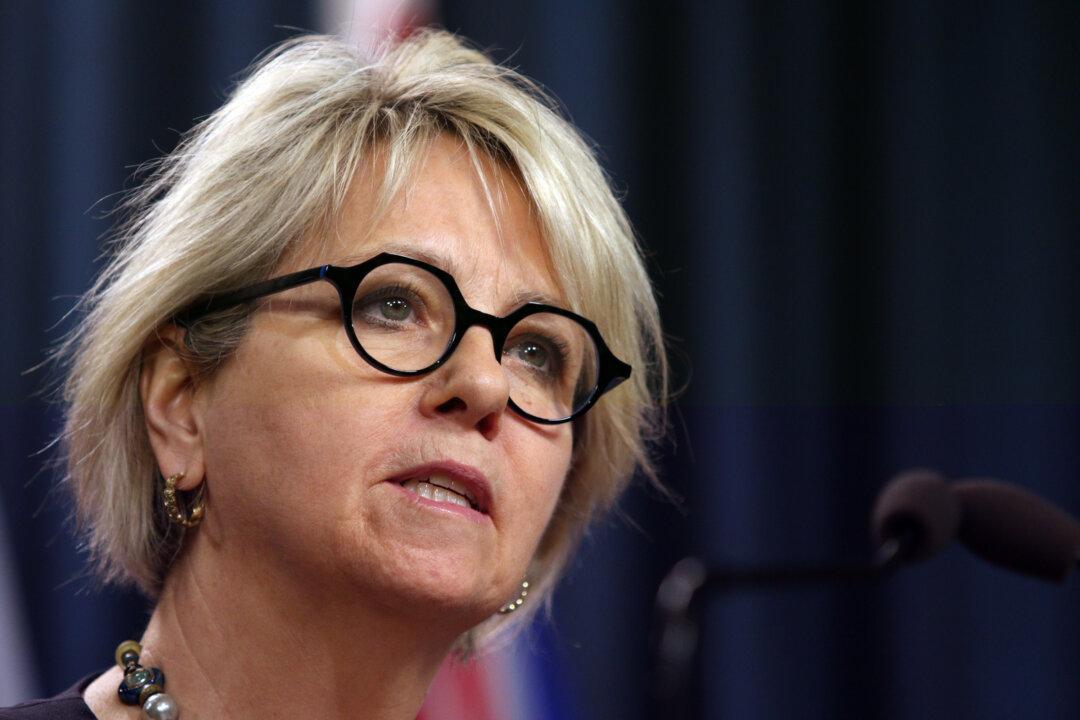A lawyer representing three Fraser Valley churches has filed a notice of appeal in B.C.’s top court over the province’s ban on in-person religious gatherings.
B.C. Supreme Court Chief Justice Christopher Hinkson ruled on March 18 that the order issued by B.C. Public Health Officer Dr. Bonnie Henry banning in-person religious gatherings infringed on Canadians’ religious rights protected by the Charter, but that the infringement was reasonable.





